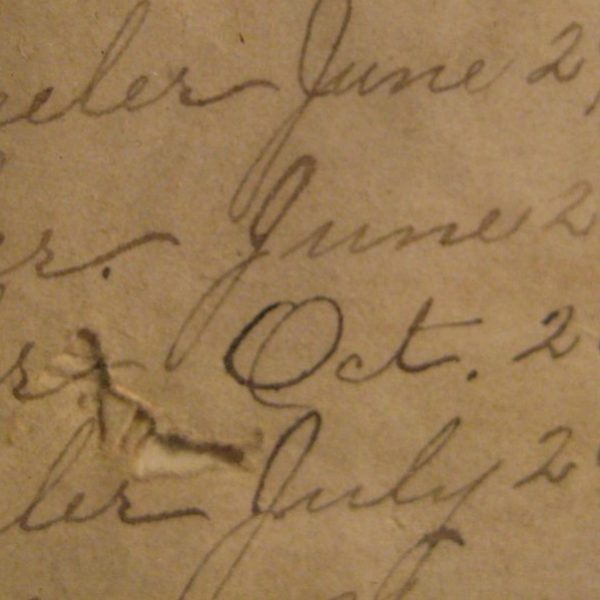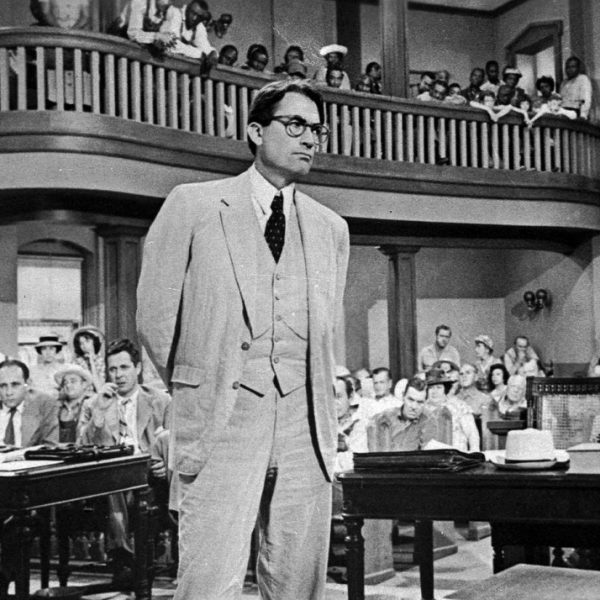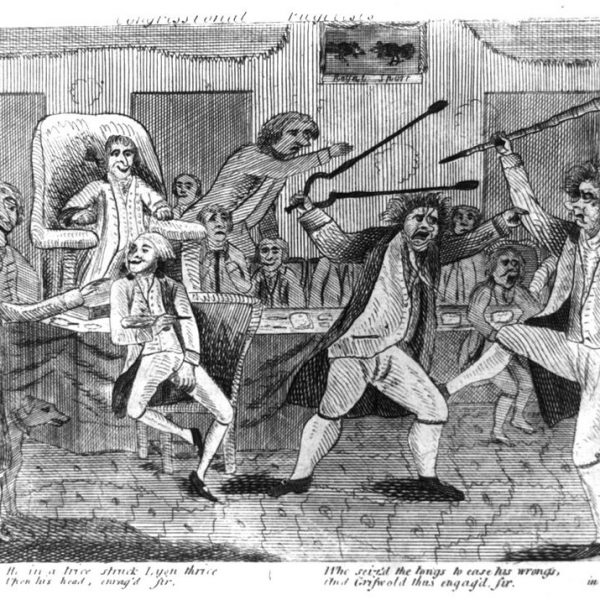Yale Press Podcast Interview: Molly Haskell on “Gone With the Wind”
It’s hard to imagine a history of women in American film and literature without remembering Margaret Mitchell’s Gone With the Wind. First published in 1936, iconic female characters like Scarlett O’Hara and Melanie Hamilton Wilkes are fixed in our memory; the book itself was a  Pulitzer-Prize winner and remains one of the most popular of all time by any author, and of course, there was the groundbreaking win for Hattie McDaniel as the first African-American to receive an Academy Award for her portrayal of Mammy in the 1939 film.
Pulitzer-Prize winner and remains one of the most popular of all time by any author, and of course, there was the groundbreaking win for Hattie McDaniel as the first African-American to receive an Academy Award for her portrayal of Mammy in the 1939 film.
For our Icons of America series, noted film critic Molly Haskell was asked to situate the film within American history in her book, Frankly, My Dear: “Gone With the Wind” Revisited, answering questions of how and why the now-classic saga has remained a part of popular culture despite all odds—as many people that like it have similarly been offended at one time or another by its typecast depictions of the Confederate American South, not to mention race and gender brought to the forefront in the crucible of the Depression. Nevertheless, the movie consistently appears in “Best of” roundups for American film, and over 70 years later, it is still estimated to be the highest-grossing domestic film of all time (adjusted for inflation, etc.).
From our vault of podcast interviews, listen to Yale Press Podcast host, Chris Gondek, as he interviews Haskell, a native Southerner, on the popularity of the book, the characters, Margaret Mitchell, and the enduring legacy of the film. Remember that we want to hear from you about the Yale Press Podcast series, so be sure to leave us feedback.

























